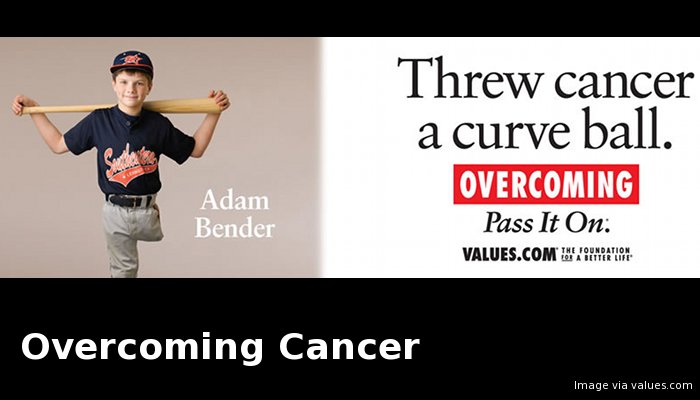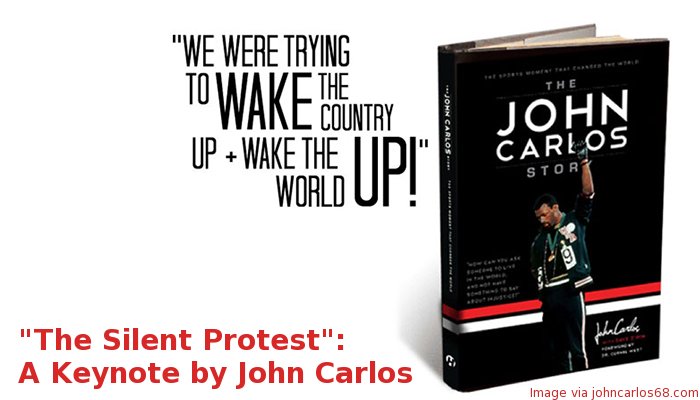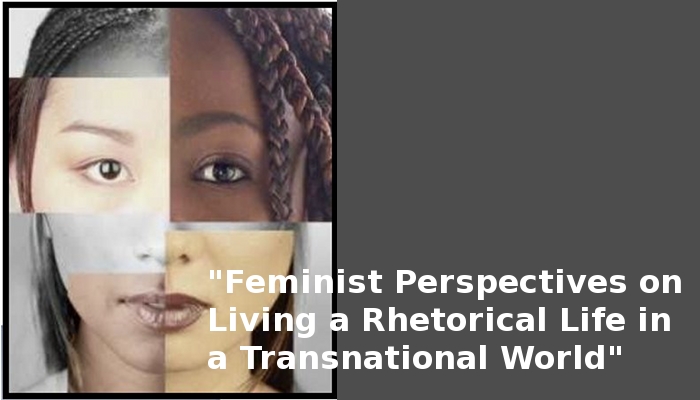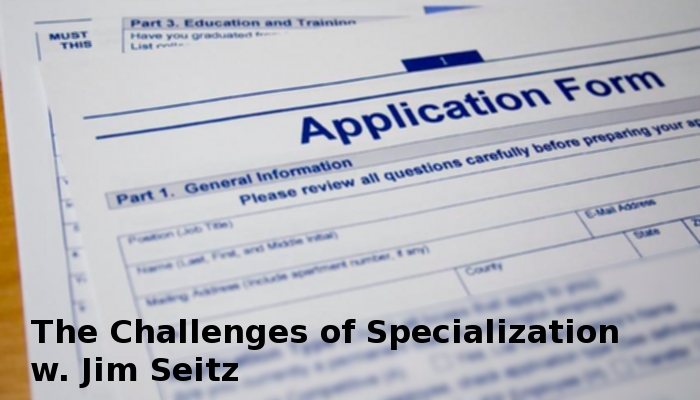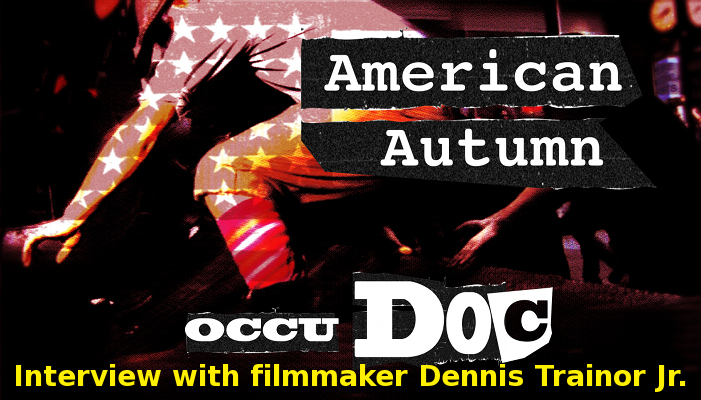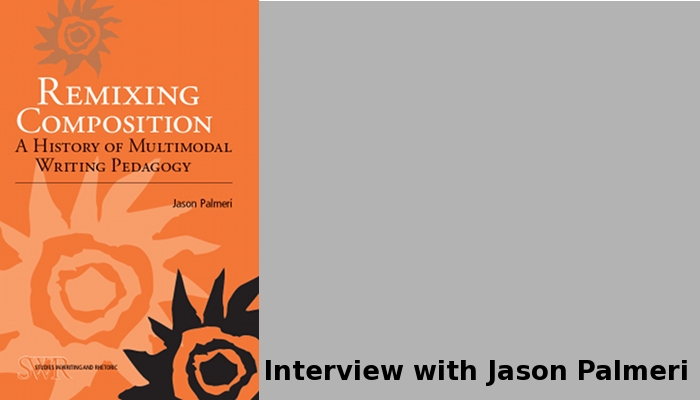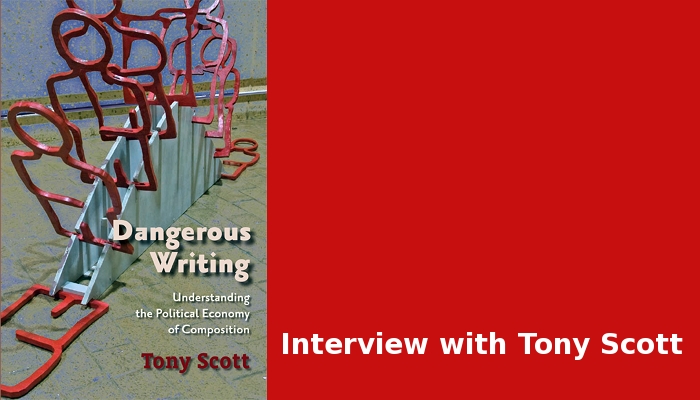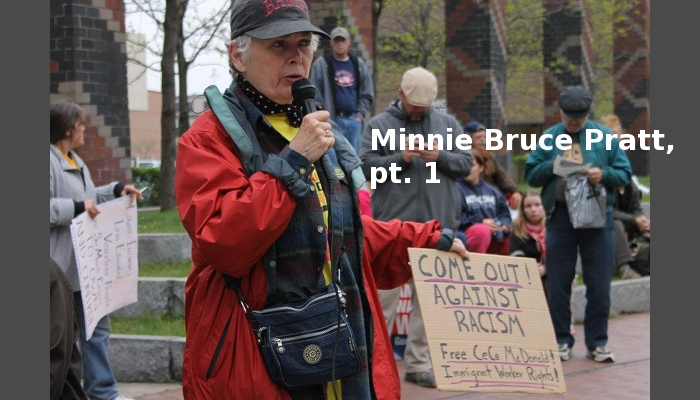Overcoming rhetoric is not limited to disability—we see it in motivational messages every day that ask people not to let obstacles get in their way, as if they can so simply choose to make those decisions. And while Jolie’s op-ed is not about disability per se, there are strong overlaps here to how we make choices about our bodies, how we represent our bodies, and how we literally (through reconstructive surgery) construct our bodies to fit the norms set for them by societal conceptions of “beauty” and “women.”
This episode addresses the overcoming rhetoric around cancer and the expectations that we set for women’s bodies—a conversation that stems from Angelina Jolie’s May 14th New York Times op-ed titled “My Medical Choice.”
To read a PDF of the full transcript, please download it here: Transcript for Episode 9.
The music sampled in this podcast is “Quartz Boy” and “Cartoon Friend” by Pixie Lord.
Podcast: Play in new window | Download
